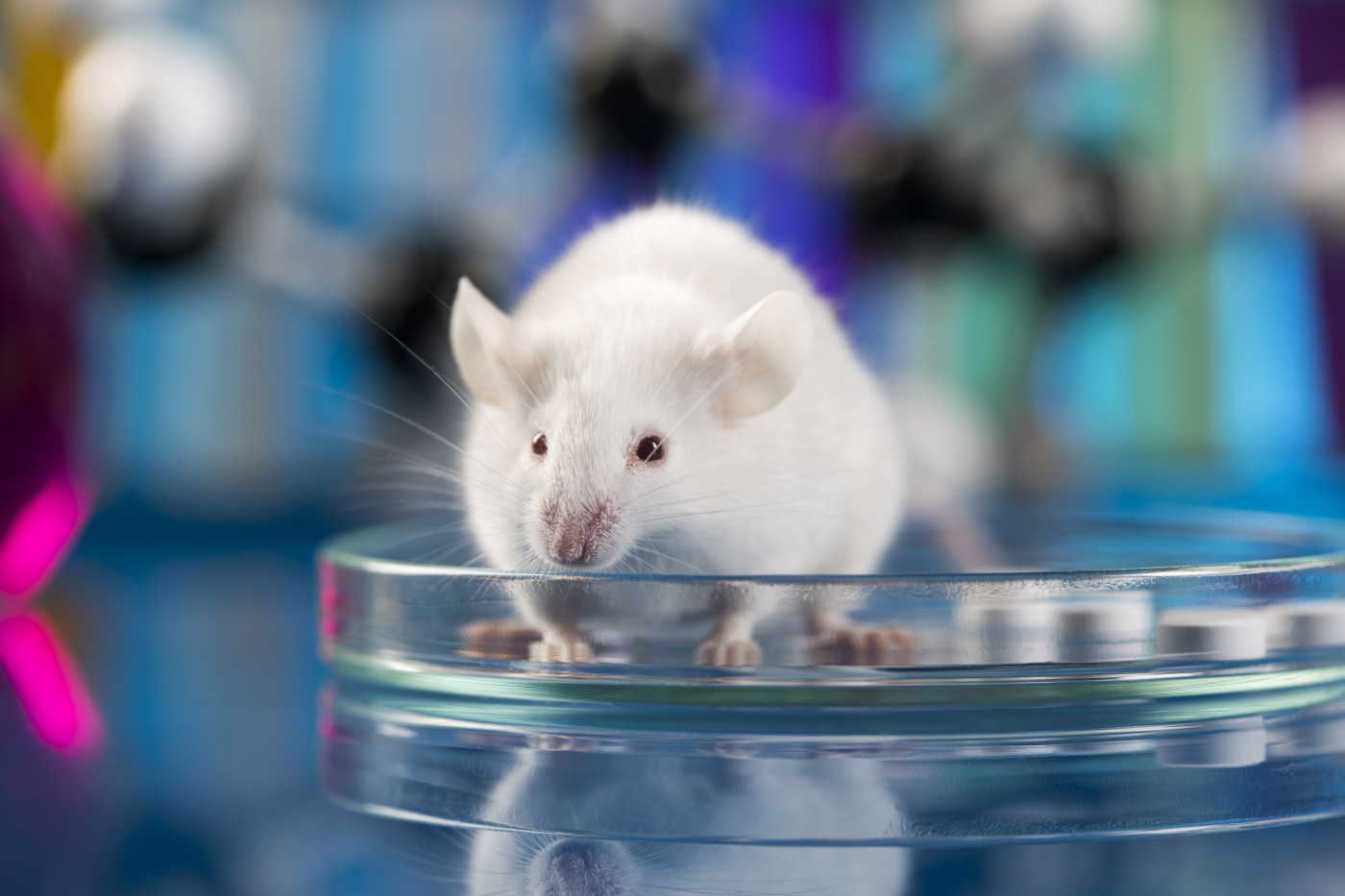Metabolic Enzyme PKM2 a Potential Therapeutic Target for MS, Preclinical Study Suggests
Written by |

Suppressing pyruvate kinase M2 (PKM2) — an enzyme involved in cellular metabolism — in T-helper (Th) immune cells lessened myelin loss and disease severity in a mouse model of multiple sclerosis (MS).
Myelin, the protective sheath around nerve fibers that helps speed transmission of signals between nerve cells, is damaged and lost in MS.
These benefits were associated with a suppression of Th cell maturation into Th17 cells — a known driver of MS and other autoimmune and allergic diseases — and Th17-mediated inflammation.
“It’s increasingly clear that enzymes and other metabolic molecules are important not just to cellular metabolism but also to other functions such as immune response,” José Carlos Farias Alves-Filho, PhD, the study’s senior author of the University of São Paulo’s Center for Research on Inflammatory Diseases (CRID), in Brazil, said in a press release.
“In this particular case we found that the enzyme PKM2 acts in parallel with the differentiation of Th17, a [T-cell] subtype that triggers experimental autoimmune encephalomyelitis [EAE], an animal model of multiple sclerosis,” he said.
The findings suggest that blocking PKM2 may be a new potential therapeutic approach for MS and other autoimmune diseases.
The study, “PKM2 promotes Th17 cell differentiation and autoimmune inflammation by fine-tuning STAT3 activation,” was published in the Journal of Experimental Medicine.
Th cells are a type of immune cell that recruit and activate other immune cells. One of its subtypes, Th17, produce interleukin-17 (IL-17), a pro-inflammatory molecule that, when present in excess due to Th17 cell abnormal overactivation, is associated with the development of autoimmune diseases such as MS, rheumatoid arthritis, and psoriasis.
A previous study showed that the blockade of glycolysis — the energy-producing metabolic reaction based on the breakdown of sugar (glucose) inside cells — in Th cells suppressed Th17 maturation and EAE development in mice.
Notably, PKM2 — one of the key enzymes of glycolysis — also is involved in metabolic reprogramming and in the regulation of gene activity.
Now, a team led by researchers at CRID discovered that PKM2 is a key factor of Th17 cell maturation and autoimmune inflammation.
Using the EAE mouse model of MS, as well as Th mouse cells grown in the lab, the team found that among Th cell types, Th17 cells showed the highest PKM2 levels and that such levels increased significantly during Th17 cell maturation.
Also, deleting PKM2 specifically in Th cells affected only the maturation of Th17 cells and not of the other subtypes, supporting the link between PKM2 and Th17 maturation.
Moreover, compared with normal mice, fewer mice lacking PKM2 in Th cells developed EAE, and those who did showed less-severe symptoms.
“In the tests involving mice modified not to express the enzyme, development of the disease was reduced by over 50%,” said Alves-Filho.
These results were associated with a lower infiltration of inflammatory cells in the spinal cord, fewer Th17 cells producing IL-17 and IFN-gamma (another pro-inflammatory molecule).
Further analyses showed that PKM2 mediated Th17 cell maturation by entering the cell nucleus (where most of the genetic material is contained) and interacting with STAT3, a molecule involved in the activation of Th17 cell-signature genes and Th17 maturation.
Notably, treating Th cells with TEPP-46, a commercial compound known to prevent PKM2 translocation to the nucleus, “significantly reduced Th17 cell differentiation to the same level as that observed in PKM2-deficient [Th cells],” the researchers wrote. This was consistent with results from a previous study, the team noted.
These findings highlight “the role of PKM2 in the regulation of [disease-associated] Th17 cells during autoimmune-mediated neuroinflammation,” the researchers wrote, suggesting that PKM2 “may represent a potential therapeutic target for autoimmune-mediated inflammation.”
“This opens up the prospect of novel treatments for autoimmune diseases or inflammatory diseases that depend on this enzyme,” Alves-Filho said, adding that his team, along with colleagues at the Bioscience National Laboratory, in São Paulo, are already working on the development of compounds that prevent the “enzyme’s ability to translocate to the cell nucleus.”
Alves-Filho noted that this type of research may help fill an unmet need for improved MS therapies, as 40% of patients do not respond well to currently available immunosuppressants that block molecules promoting the activation and maturation of several immune cells.


